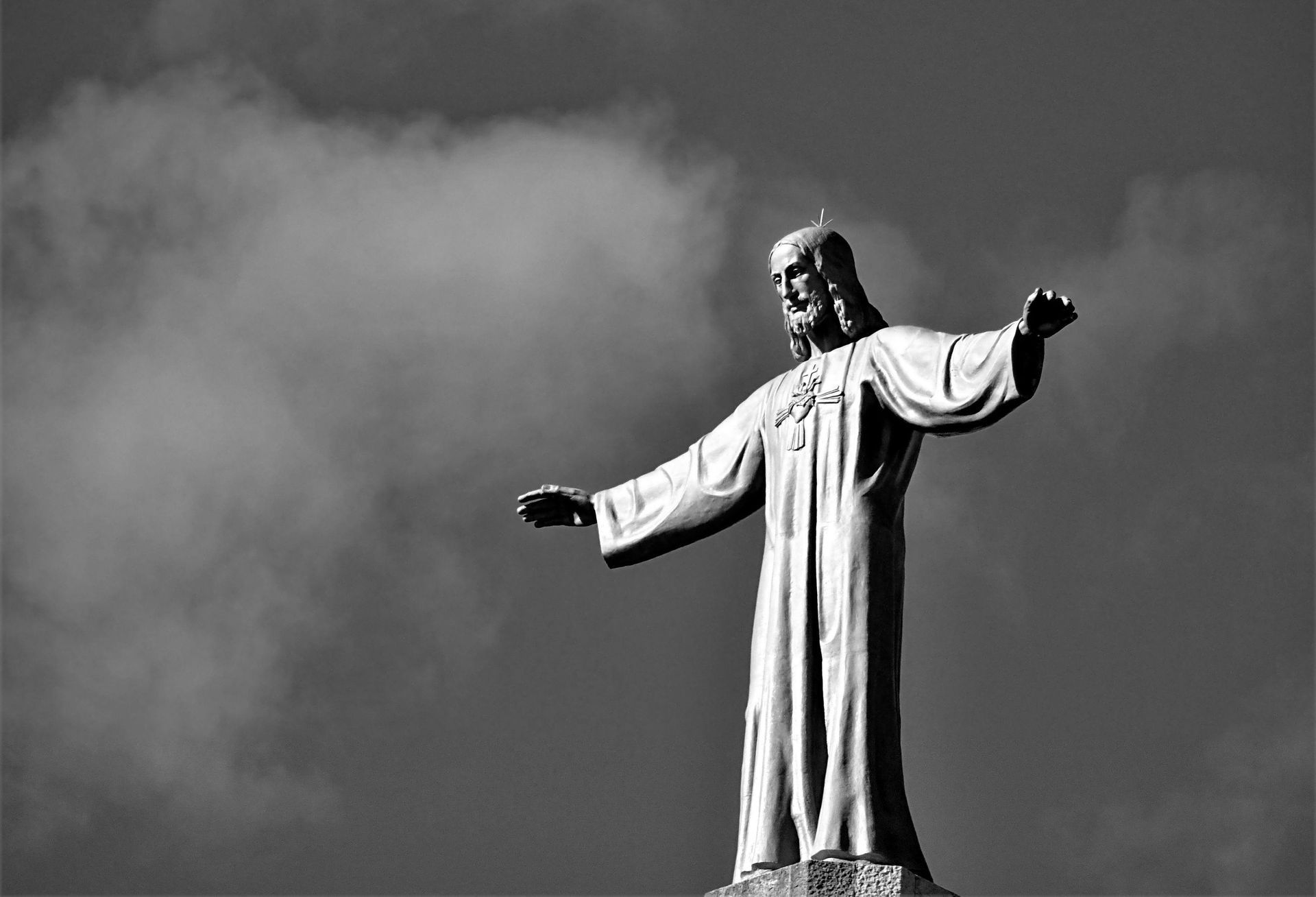Did Jesus go to hell between His death and resurrection?
Some Christians believe that Jesus descended to hell between His death and resurrection to proclaim victory over sin and death. This belief is largely based on passages like 1 Peter 3:18–20, though interpretations vary across Christian traditions.

1 Peter 3:18–20 Explained
Verse 18
"For Christ also suffered once for sins, the righteous for the unrighteous, that he might bring us to God, being put to death in the flesh but made alive in the spirit..."
Explanation:
- Christ’s suffering was once and for all—He fully paid the penalty for sin.
- "The righteous for the unrighteous" highlights the substitutionary nature of Jesus’ death—He was sinless and took the place of sinners.
- "Put to death in the flesh but made alive in the spirit" refers to Jesus’ physical death and His continued life in a spiritual, glorified state.
Verse 19
"...in which he went and proclaimed to the spirits in prison..."
Explanation:
- After His death and before His resurrection, Jesus “proclaimed” (not necessarily preached the gospel) to “spirits in prison.”
- This likely refers to fallen angels or disobedient souls from Noah’s time, possibly awaiting judgment.
- The Greek word kerusso (translated "proclaimed") often means a declaration of victory, rather than an offer of salvation.
Verse 20
"...because they formerly did not obey, when God’s patience waited in the days of Noah, while the ark was being prepared, in which a few, that is, eight persons, were brought safely through water."
Explanation:
- These “spirits” are connected to the time of Noah, a generation known for great wickedness (see Genesis 6).
- God showed patience before bringing the flood, giving people time to repent.
- Only eight people—Noah and his family—were saved, underscoring both God’s judgment and mercy.
- This sets up a symbolic connection to baptism, which Peter discusses in the following verse (v. 21).
What We Learn
While there is debate about the exact meaning of Jesus' proclamation to the "spirits in prison," the central message of the passage is clear: Christ is victorious over sin and death. His sacrifice was once for all, and His resurrection brings hope and salvation.
At Journey in the Word…
Our mission is to equip pastors with biblical understanding so they can lead well in every culture. Whether it’s navigating theological questions like this one or equipping leaders for everyday ministry, we are committed to building up those who shine the light of Christ—even in the most remote corners of the world.
Join us in this mission. Your support helps us build pastor training centers where leaders grow in truth, wisdom, and cultural awareness - making disciples who make disciples.



